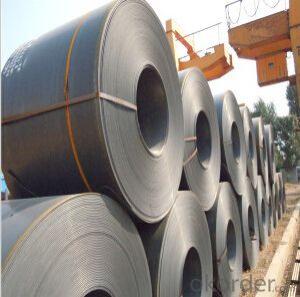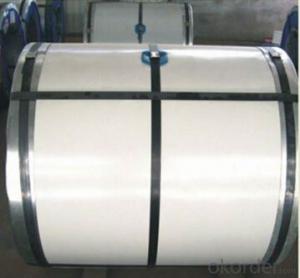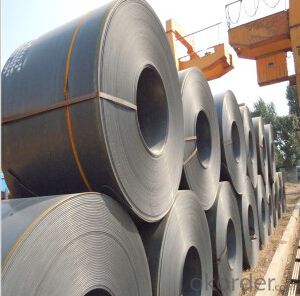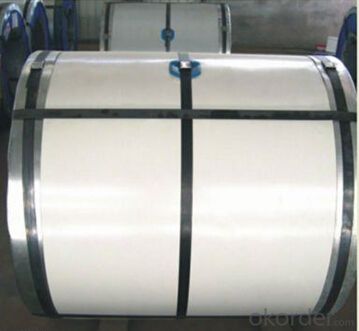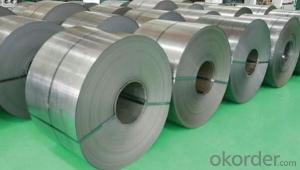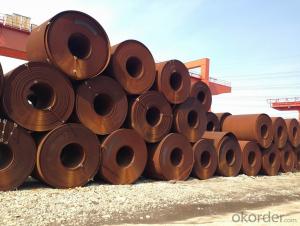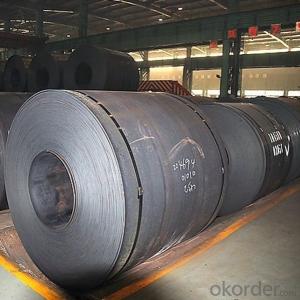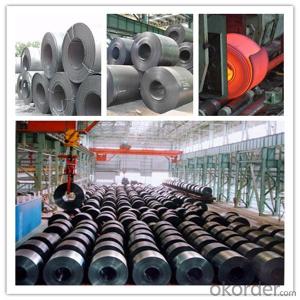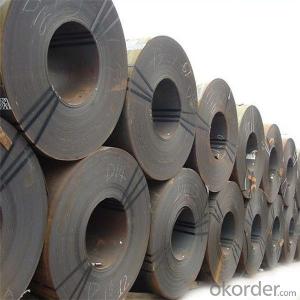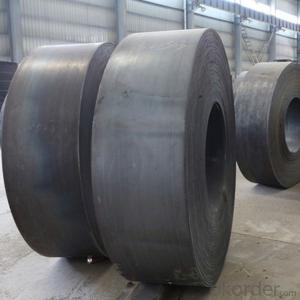Ss400 Hot Rolled Carbon Steel Coil for Construction
- Loading Port:
- Tianjin
- Payment Terms:
- TT OR LC
- Min Order Qty:
- 25 m.t.
- Supply Capability:
- 10000 m.t./month
OKorder Service Pledge
OKorder Financial Service
You Might Also Like
Description:
Model NO.:Sino Steel
Type:Steel Plate
Technique:Hot Rolled
Certification:ISO, SGS, BV, RoHS, IBR
Standard:ASTM, AISI, GB, JIS, DIN
Stock:Is Available
Surface Treatment:Oiled
Special Use:High-strength Steel Plate
Application:Ship Plate, Boiler Plate, Container Plate, Flange Plate
Thickness:0.1-200mm
Width:20-2000mm
Certificate:ISO, BV, CE, SGS, Sai,Ciq
Grade:Q195, Q235, A36, Ss400, Q345, St37-2, etc
Coil Weight:2-8ton
Surface:Oiled, Without Oil,Polished,Black
Export Markets:Global
Additional Info.
Packing:Standard Exporting Packing
Standard:SGS, BV, CE, ISO, SAI, CIQ
Origin:Tianjin
HS Code:72085200
Production Capacity:10000tons Per Month
Product Description
Prime Hot rolled carbon steel coil
Specifications:
1. Thickness: 0.1-200mm
2. Width: 20-2000mm
3. Length: 1-12m or as require
4. Grade: Q195, Q235, A36, SS400, Q345, ST37-2, etc
5. Coil ID: 508mm/610mm
6. Coil Weight: 2-8ton
7. Tolerance of thickness: +-0.03mm
8: Tolerance of width: : +/-5.00mm (aiming to +/-2.00mm)
9. Standard: ASTM, AISI, JIS, EN, DIN, GB, BS, SUS
10. Certificate: ISO, BV, CE, SGS, SAI
FAQ
1.What's your MOQ?
25MT, it is for one container.
2.Do you have QC teams?
Yeah, sure, our QC team is very important, they will keep the quality control for our products.
3. What's your normal delivery time?
Our delivery time about 10-20days for standard sizes, if you have other requirements like hardness and width ,it is about 20-40days. But don't worry ,we also try our best for the delivery time ,because time longer and our cost is higher.
4.Are the products tested before shipping?
Yes, all of our PPGI and GI was qualified before shipping. We test every batch every day
- Q: Can steel coils be coated with QR codes?
- Yes, steel coils can be coated with QR codes.
- Q: i'm looking into buying a stainless steel ring for somebody as a gift.i'm on a budget (heh) and the ring is about $50.will it rust or tarnish? it'd be embarrassing if i gave it to someone, and it begins rusting :Pthanks
- Stainless steel is a generic term for a huge variety of different alloys. In manufacturing, each steel has different numbers, etc that they go by. Some steel sold as being stainless actually is not. It rusts, like the cheap kitchen knives you see that are left in the sink too long. However, the stainless in jewelry is pretty legit. Overpriced, but legit. It will not tarnish, but it won't stay shiny forever. It might get a little less glossy over time. When it does get re-polished, it takes a long time to do it. But it will not turn black or rust. Good luck.
- Q: What is the role of steel coils in the production of storage shelves?
- Steel coils play a crucial role in the production of storage shelves as they serve as the primary material for manufacturing the shelf frames and support structures. These coils are processed and formed into various components, such as beams and brackets, which provide strength and durability to the shelves. By using steel coils, storage shelves are able to withstand heavy loads and ensure long-lasting performance in commercial and industrial settings.
- Q: I want to start getting throwing knives and i was wondering what material is best for quality, but still cheap. I also saw some 440 stainless steel knives that i liked and wanted to know if the material was good
- Stainless Steel Throwing Knives
- Q: rust is not a issue. i was looking a D2 steel but heard story's of it chipping and breaking
- INFI steel used by Busse Combat is probably one of the best steels around right now, but the price reflects that. The heat treat is a HUGE part of the toughness of a steel. A good heat treat can make a bad steel a good one, or a good one a great one. I personally prefer 1095. It's a good ole tool steel on the lower end of the price scale and it holds up well. I've always had good experiences with 1095.
- Q: Do any tour players use steel shafted woods? And are there any real advantages to having steel shafted woods? I have only played with one person to use steel shafted woods, he tells me thats because he cant hit it straight with graphite, however he is a very short hitter.
- Steel Shaft Vs Graphite
- Q: I know of the cheaper steel shot for waterfoul hunting, but there is more expensive shot available. Is it worth the money, how much more distance are we talking, and what do you like the best?(brand name)
- All buckshot I can think of at the moment is lead. Steel shot is used for waterfowl hunting because lead is illegal for that use. They don't want all that lead shot falling back in the water and causing lead contamination. There would be no reason to make steel buckshot, and it would be pretty ineffective. Steel is much less dense than lead. So a steel 00 pellet would weigh much less than a lead 00 pellet. So it would carry a lot less energy to a target. Buckshot is used for just that, Bucks. Well large game like deer, bear, and for self defense. In uses like that you need that extra energy. Lead shot is used for everything, except where lead shot is illegal, which is waterfowl hunting. Steel shot really isn't very popular anymore. Waterfowl shot just can't be lead. It doesn't have to be steel. They've come out with other stuff, like bismuth, that is a lot more dense than steel, but still not as dense as lead.
- Q: What are the common coil transportation options?
- Common coil transportation options include using flatbed trucks, rail transportation, and cargo ships. Flatbed trucks are commonly used for shorter distances and provide easy loading and unloading of coils. Rail transportation is often used for longer distances, offering cost-effective and efficient transportation. Cargo ships are utilized for international shipments, allowing for large quantities of coils to be transported across long distances.
- Q: Can steel coils be used in structural applications?
- Yes, steel coils can be used in structural applications. Steel coils are widely used in the construction industry for various structural applications such as building frames, bridges, and infrastructure projects. The coils can be processed and formed into different shapes and sizes to meet the specific requirements of the structure, providing strength, durability, and structural integrity.
- Q: I'm in the process of buying a new car, and wondering if there are more benefits from Aluminum tire rims over Steel. Aluminum wheels cost more, but you'd think that steel would last longer. Are Aluminum wheels just for looks?
- Steel rusts....The nicer wheels are aluminum alloys. Go with the aluminum
Send your message to us
Ss400 Hot Rolled Carbon Steel Coil for Construction
- Loading Port:
- Tianjin
- Payment Terms:
- TT OR LC
- Min Order Qty:
- 25 m.t.
- Supply Capability:
- 10000 m.t./month
OKorder Service Pledge
OKorder Financial Service
Similar products
Hot products
Hot Searches
Related keywords
